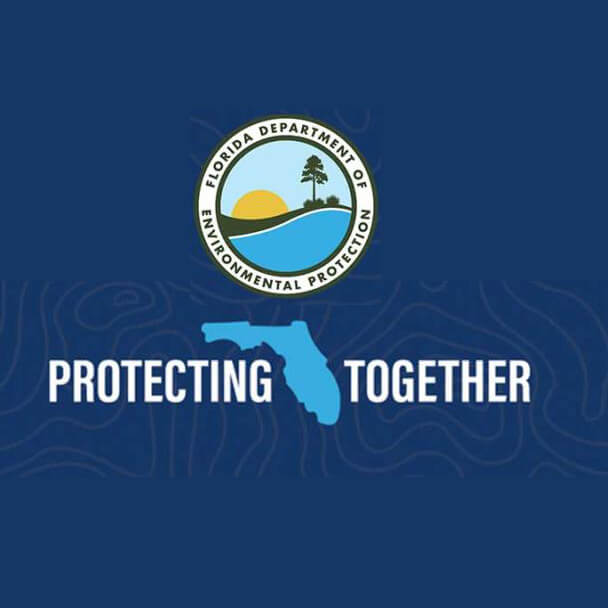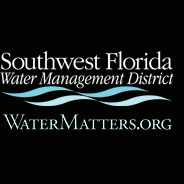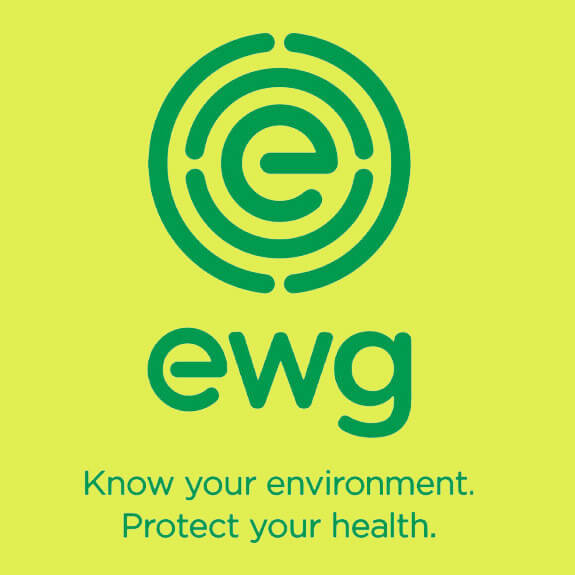Unveiling the Realities: Florida City Water Contamination Exposed
Florida, with its stunning landscapes and abundant waterways, is facing a stark reality – city water contamination. In this exposé, we delve into the factual information surrounding the contamination of water sources in Florida's cities, exploring the causes, consequences, and measures being taken to address this critical issue.
The Causes of City Water Contamination
The contamination of city water in Florida is primarily attributed to various human activities. Agricultural runoff introduces fertilizers and pesticides into water bodies, leading to nutrient imbalances and harmful algal blooms. Industrial discharges contribute pollutants such as heavy metals and chemicals, while urban development and stormwater runoff exacerbate the problem, introducing diverse contaminants into the water supply.
Consequences for Public Health
City water contamination poses significant threats to public health. Consuming contaminated water can result in a range of health issues, including gastrointestinal problems, respiratory ailments, and long-term health risks such as cancer. Vulnerable populations, including children and the elderly, are particularly at risk, underscoring the urgency of addressing this environmental concern to protect public health.
The Impact on Aquatic Ecosystems
Beyond public health, water contamination in Florida cities has severe repercussions for aquatic ecosystems. Pollutants disrupt the delicate balance of ecosystems, leading to the collapse of fisheries, destruction of habitats, and a decline in biodiversity. This environmental degradation jeopardizes the resilience of Florida's unique natural ecosystems and the countless species that depend on them.
Regulatory Measures in Place
Florida has implemented a range of regulatory measures to address water contamination. The Florida Department of Environmental Protection (DEP) enforces water quality standards and implements Total Maximum Daily Loads (TMDLs) to control pollutant sources. Despite these efforts, challenges persist, including the need for enhanced regulatory frameworks, resource allocation, and addressing the complexity of pollution sources.
Community Awareness and Involvement
Building awareness within local communities is crucial to addressing water contamination challenges. Educational initiatives focus on responsible water use, proper waste disposal, and the broader impact of individual actions on water quality. Community involvement in monitoring and reporting pollution incidents is essential for early detection and a swift response to potential hazards.
Technological Solutions for Water Treatment
Technological advancements play a crucial role in mitigating water contamination. Investments in advanced filtration systems, water purification technologies, and real-time monitoring contribute to improving water quality. Collaborations between government agencies, research institutions, and the private sector drive the development and implementation of innovative solutions to tackle the complexities of water contamination in Florida cities.
Concluding Thoughts
Unveiling the realities of water contamination in Florida cities reveals a pressing environmental challenge that demands collective action. By understanding the causes, consequences, and regulatory measures in place, the state can move towards sustainable solutions. Community awareness, technological innovations, and strengthened regulatory frameworks are integral to safeguarding public health and the natural ecosystems that make Florida a unique and biodiverse state.





